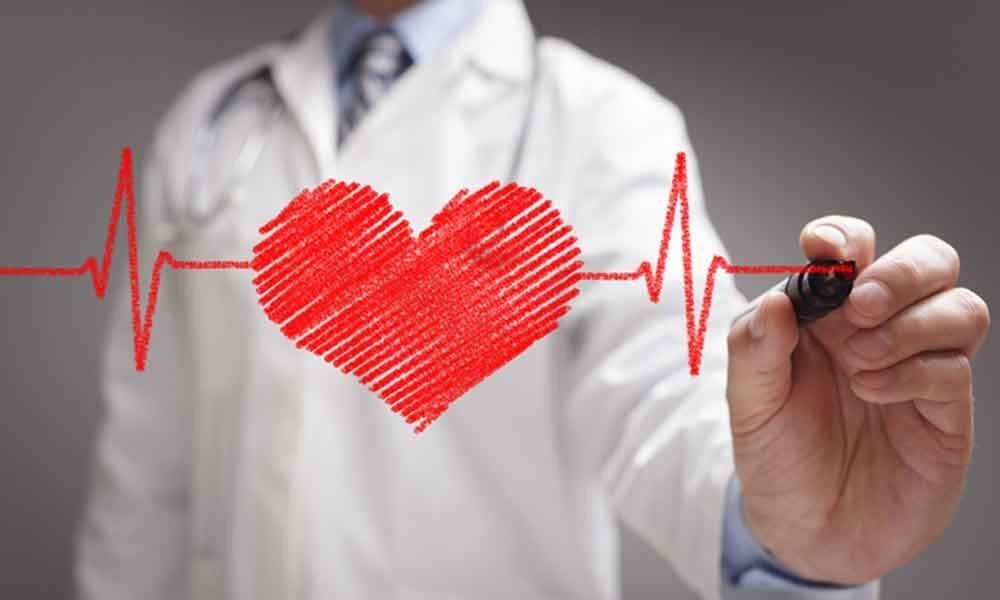Heart attack, cardiac arrest, heart failure: what's the difference?

We have all heard the terms and each means a health crisis involving the heart.
We have all heard the terms and each means a health crisis involving the heart.
But heart attack, cardiac arrest and heart failure are not the same things. These are three different problems whose causes and treatments are radically different.
Heart attack
During a heart attack, blood flow to the heart is blocked, often by a blood clot or plaque buildup in the arteries.
Because the heart muscle needs oxygen to survive, it begins to die when blood flow is blocked. This is why people suffering from a heart attack must be rushed to surgery to solve the problem and restore blood flow.
Symptoms can start slowly and persist for hours, days or weeks before the heart attack. The heart continues to beat, but because of the blockage, it does not get all the oxygen-rich blood it needs.
During a heart attack, not everyone has the same symptoms.
Everyone does not have the same symptoms. About people have chest pain or shortness of breath or feel tired days or weeks before the heart attack.
During a heart attack, you may feel pain in the middle of your chest that can spread to your back, jaw, or arms. Or you may feel pain in these places and not in the chest. Sometimes people feel stomach pain and confuse the heart attack with indigestion.
Read: Common symptoms of heart attack that women might not recognize
Other symptoms: malaise, sudden sweating, nausea, shortness of breath, significant heartbeat, abnormal heart rhythms, loss of consciousness, agitation, anxiety and lips, bluish hands or feet.
If you think someone has symptoms of a heart attack, call 911 immediately.
Learn more about the symptoms of heart attack (AKA myocardial infarction).
Cardiac arrest
In the case of cardiac arrest, the heart stops beating and must be restarted.
Although a heart attack is a circulation problem, cardiac arrest is an electrical problem triggered by a disturbance of the heart rhythm. Most heart attacks do not lead to cardiac arrest. However, when cardiac arrest occurs, a heart attack is a common cause.
In many cases, cardiac arrest is a temporary condition experienced during a medical emergency. It is not necessarily preceded by heart disease, but many patients have precursor symptoms until one month before cardiac arrest.
Although a heart attack is a circulation problem, cardiac arrest is an electrical problem triggered by a disturbance of the heart rhythm.








